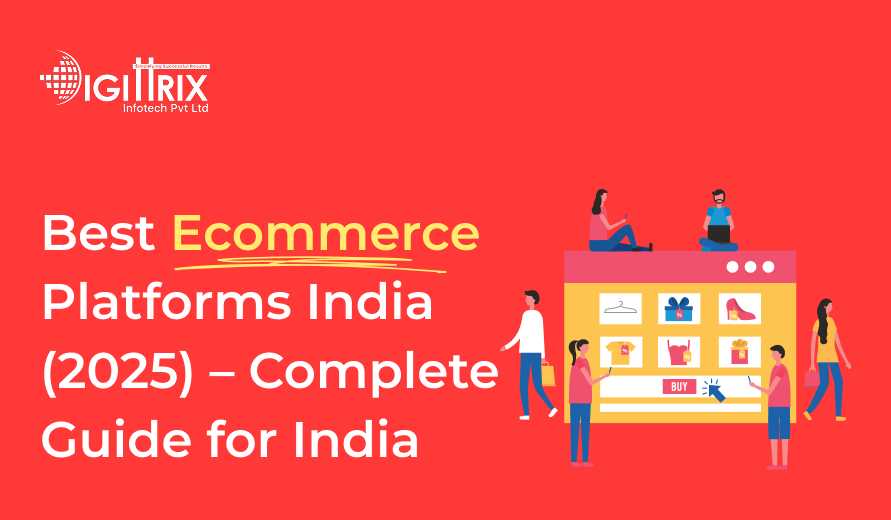Introduction
India’s online retail sector continues to grow at an impressive pace in 2025, creating new opportunities for entrepreneurs, established businesses, and independent sellers. With an increasingly tech-aware consumer base and rising demand for convenient shopping experiences, choosing the right platform has become a crucial decision. The selection process involves comparing functionality, pricing, scalability, and long-term support. As competition intensifies, businesses must invest time in evaluating the strengths and suitability of each available solution.
Choosing the Right Platform for Your Business Goals
India offers a variety of options that cater to unique requirements. Shopify provides a smooth onboarding experience and excellent templates suitable for lifestyle, fashion, and electronics stores. WooCommerce appeals to sellers with existing WordPress sites who want full control over customization and add-ons. Magento supports enterprise-level scalability, making it ideal for brands expecting large catalogs and heavy traffic. Indian platforms such as Zoho Commerce, Instamojo, and Dukaan offer convenience, vernacular support, and simplified interfaces. For businesses planning complex integrations, the availability of Ecommerce app development services often helps combine additional features such as inventory automation and marketing tools.
Visit site: https://www.digittrix.com/blog....s/best-ecommerce-pla
Short Note on Matching Vision with Technology
Before finalizing any platform, entrepreneurs should identify their target audience, expected traffic patterns, and marketing approach. A clear understanding of long-term goals prevents the need for expensive migrations and helps maintain consistent customer experiences.
Shopify’s Strengths for Indian Sellers
Shopify remains one of the most preferred choices due to its intuitive dashboard and robust ecosystem. It integrates seamlessly with Indian payment gateways, logistics partners, and third-party marketing tools. Its marketplace of apps allows store owners to add features ranging from email automation to advanced analytics. Many businesses eventually decide to hire Shopify developers when they need custom checkout flows, multi-location inventory management, or specialized product configurations. This flexibility encourages both startups and established brands to run diverse business models without compromising stability.
